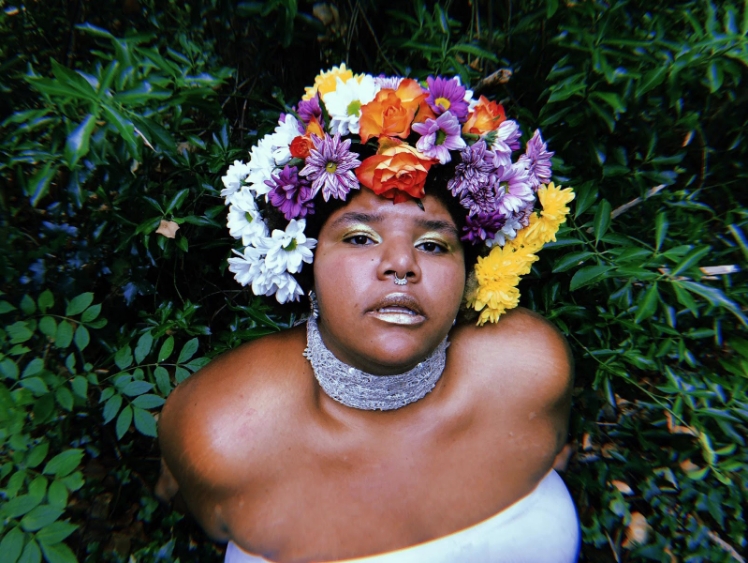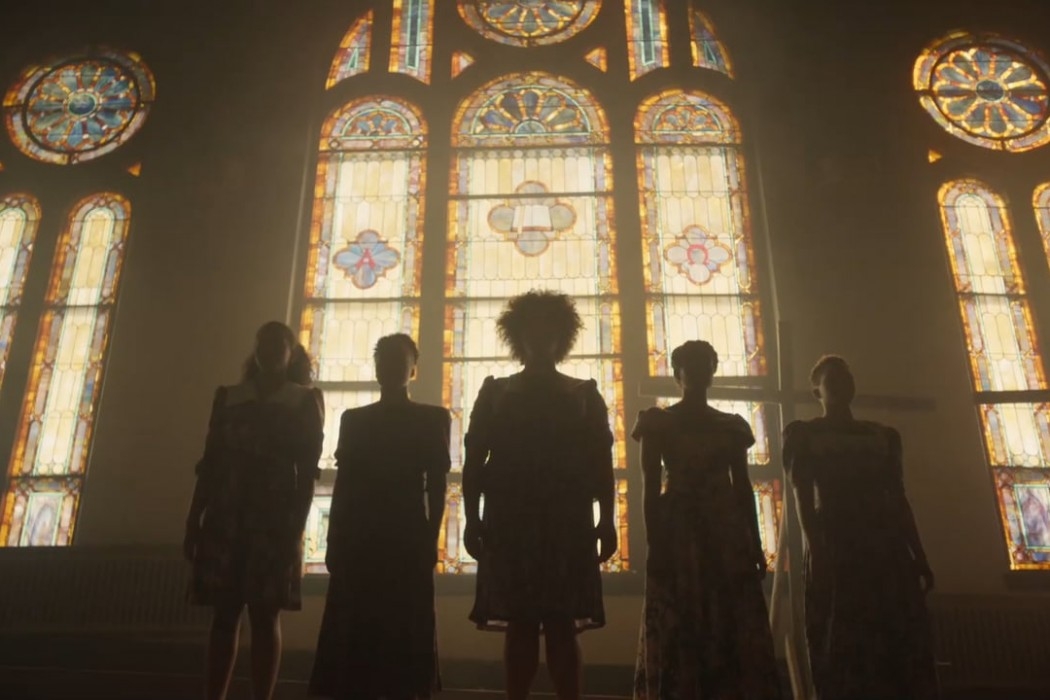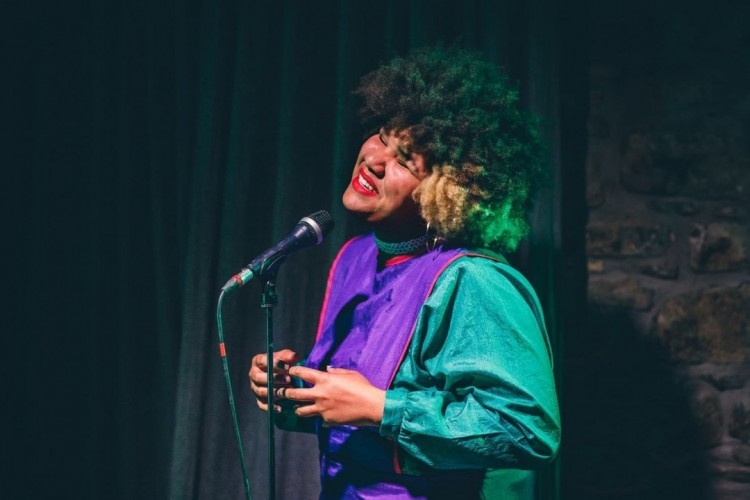Rachel Friedman of Tisch Drama’s Office of Career Development & Alumni Engagement recently caught up with musician, playwright, author, and educator Amyra León (class of 2014) to talk about music, London, what success looks like, and how to navigate a career as a multi-hyphenate artist.
What are you up to right now? Where has your work taken you?
I live in London—I’m gearing up to release my debut album WITNESS this fall. It has been a labor of love so I am itching to get it out into the world. I am currently composing a piece for orchestra in collaboration with Sivan Eldar that will be played by the Gulbenkian Orchestra in Lisbon, the Paris Chamber Orchestra, and the National Orchestra of Montpellier. I am the only untrained vocalist to work with these orchestras as well as the only vocalist to compose their own parts, so it has been a special experience. My debut play, VASELINE recently premiered in London and will be returning next year—2020 is a big one for releases as I have two children’s books coming out, the premiere of the orchestra composition, and a bevy of incredible collaborations, as well as a short documentary about my life. I spend most of my days between three different industries and careers. It’s really chaotic and wonderful.
How did your training at Tisch Drama prepare you for a multifaceted career?
I was in Tisch Drama’s Experimental Theatre Wing (ETW). We had a lot of interesting classes that challenged our bodies as performers and made us keenly aware of the way we tell stories with our bodies first—which opened me to the understanding that there are multiple ways of speaking. I was a poet first, so it was really interesting to find what melody did to my work, and how it opened up this entirely new space of opportunity. A lot of that had to do with the intense classes we had at ETW. I took a storytelling class with Rosemary Quinn, and she served as an incredible mentor throughout my time at NYU. She really held me accountable to not only go after the things I was good at, but challenged the aspects of myself that I wasn’t ready to explore. So having strong, powerful educators created a sense of accountability in me, as an artist and storyteller.
Can you talk about your music journey?
I really didn’t sing until I was about 20. I was deep into my third year and took a songwriting class—but still didn’t identify as a vocalist. My fourth-year thesis show for ETW was called In the Chrysalis, and I realized, after the voice classes, that some of these poems should be sung. That was the first time I challenged myself to include music in my writing. From there, it fell into place quite quickly. I started performing music mixed with poetry. I realized that whether people liked what I was singing or not, my voice as a singer allowed people to listen to me and to experience my work in a very visceral way, which I love. And it has become my primary role. But it was indeed my thesis project that led me to the understanding that I could identify as a musician.


